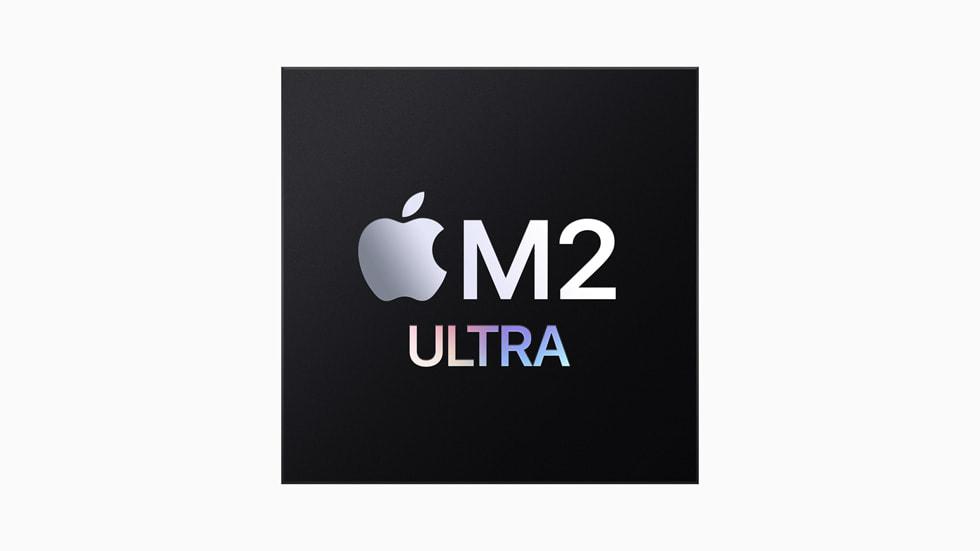AFP
US authorities on Monday charged cryptocurrency giant Binance with securities law violations that collectively amounted to what they called “an extensive web of deception” and “calculated evasion of the law.”
Binance, the world’s largest cryptocurrency exchange, is alleged to have permitted US residents to trade, even though the platform is not registered in the United States as a securities exchange. The case also alleges Binance misused customer funds.
The Securities and Exchange Commission filed a civil complaint listing 13 charges involving platforms and other investment entities controlled by founder Changpeng Zhao, who was once seen as the archrival of disgraced crypto tycoon Sam Bankman-Fried.
The SEC case comes on the heels of charges in March by another US regulator, the Commodities Futures and Exchange Commission.
“Through thirteen charges, we allege that Zhao and Binance entities engaged in an extensive web of deception, conflicts of interest, lack of disclosure, and calculated evasion of the law,” said SEC Chair Gary Gensler.
“As alleged, Zhao and Binance misled investors about their risk controls and corrupted trading volumes while actively concealing who was operating the platform, the manipulative trading of its affiliated market maker, and even where and with whom investor funds and crypto assets were custodied.”
Binance criticized the SEC action as a wrongheaded approach that threatens “America’s role as a global hub for financial innovation and leadership,” the company said.
“Digital asset laws remain largely undeveloped in much of the world, and regulation by enforcement is not the best path forward,” Binance said in a statement. “An effective regulatory framework demands collaborative, transparent, and thoughtful policy engagement — a path the SEC has abandoned.”
“We intend to defend our platform vigorously,” Binance said.
The SEC case depicts the company as determined to evade US securities law, a trait that meant defendants “enriched themselves by billions of US dollars while placing investors’ assets at significant risk,” the SEC complaint said.
Zhao and Binance publicly claimed that US customers were barred from transacting on Binance.com, but the platform “secretly” allowed high-value customers to keep trading, the SEC said.
Zhao maintained that Binance.US was independent of Binance, but was “secretly controlled” by Binance “behind the scenes,” according to the complaint.
The agency also alleged that Zhao and Binance “commingled” customer assets, including to another Zhao-controlled entity, Sigma Chain, which “engaged in manipulative trading that artificially inflated the platform’s trading volume,” the SEC said.
Zhao said the Binance “team is all standing by, ensuring systems are stable, including withdrawals, and deposits,” he said on Twitter.
In the statement released later Monday, Binance expressed disappointment at the SEC’s action, but did not directly refute all of the agency’s claims, such as those surrounding BAM Management and BAM Trading, two US entities that were presented as independent, but that the complaint says were actually controlled by Binance and Zhao.
“Because Binance is not a US exchange, the SEC’s actions are limited in reach,” Binance said, adding that suggestions that assets under the company’s US platform are at risk “are simply wrong.”
News of the case dented bitcoin prices, which fell around two percent in the hour after the episode made headlines.





![Apple launches 15-inch MacBook Air, new high-end Macs; unleashes raw power [details] Apple launches 15-inch MacBook Air, new high-end Macs; unleashes raw power [details]](https://data1.ibtimes.co.in/en/full/785889/apples-new-macbook-air.jpg)

